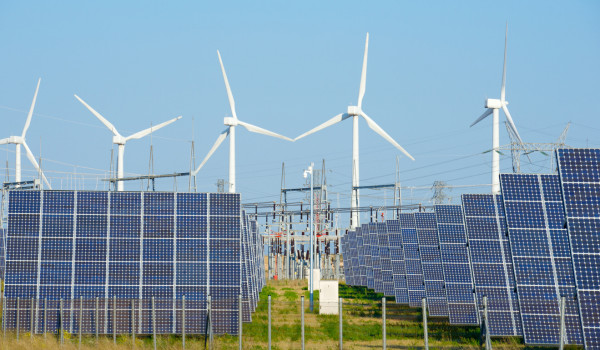The Advancement of Climate Action Strategies: Key Achievements and Future Challenges
As the global community faces increasing climate threats, governments, businesses, and individuals are intensifying efforts to mitigate environmental impacts. Over the past decade, climate action strategies have evolved significantly, achieving notable milestones while confronting ongoing challenges.
Key Achievements in Climate Action
Significant progress has been made in reducing greenhouse gas emissions, transitioning to renewable energy, and promoting sustainable practices. Solar and wind energy adoption has skyrocketed, with many countries achieving record levels of clean energy production. Policies supporting energy efficiency, carbon pricing, and green infrastructure have further encouraged sustainable development. International agreements, such as the Paris Agreement, have created frameworks for global collaboration, aligning countries toward emission reduction goals and climate resilience.
Technological Innovations
Advancements in technology have played a critical role in climate action. Innovations in electric vehicles, smart grids, and energy storage have helped reduce reliance on fossil fuels. Carbon capture and utilization projects are emerging as solutions for industries that are difficult to decarbonize. Digital tools, like climate modeling and real-time emissions tracking, allow governments and businesses to make data-driven decisions and monitor progress effectively.
Ongoing Challenges
Despite progress, significant challenges remain. Many countries struggle to meet ambitious emission reduction targets due to economic and political constraints. Climate-related extreme weather events, deforestation, and industrial pollution continue to exacerbate environmental degradation. Additionally, equitable implementation of climate strategies is crucial, ensuring that vulnerable populations are not disproportionately affected by both climate impacts and mitigation measures.
Looking Ahead
Future climate strategies must focus on accelerating renewable energy adoption, investing in resilient infrastructure, and enhancing international cooperation. Public awareness and education are essential to drive behavioral change, while continued research and innovation will support the development of sustainable technologies. Achieving climate goals will require coordinated efforts across all sectors, balancing environmental, social, and economic priorities.
Conclusion
The advancement of climate action strategies demonstrates both the potential and the urgency of global efforts to address climate change. While achievements highlight what is possible, the path forward demands sustained commitment, innovation, and collaboration to ensure a sustainable and resilient future for all.…










